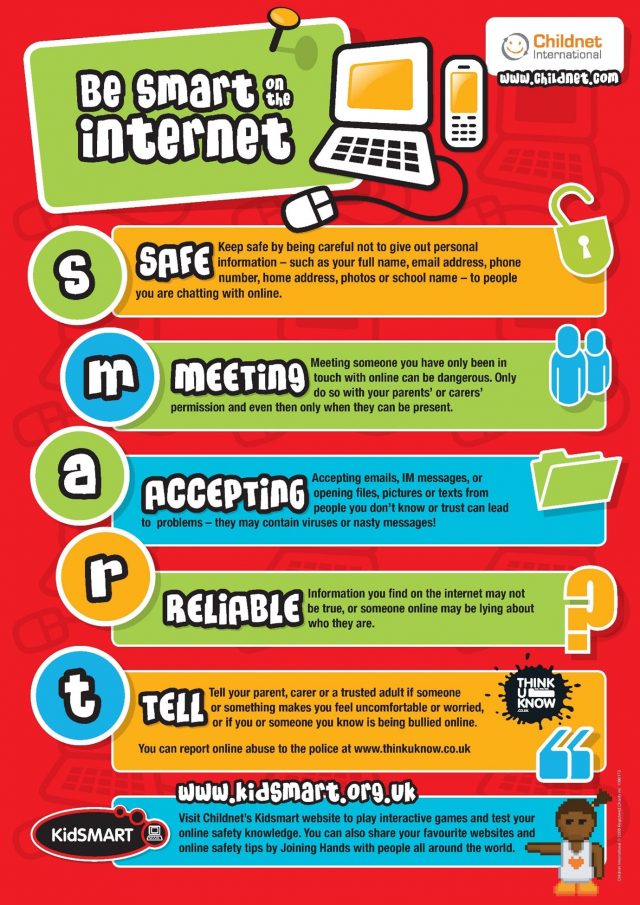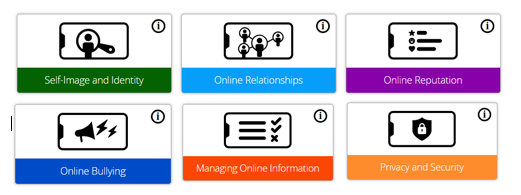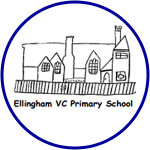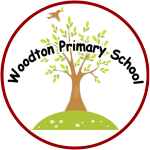Our Aims
Across Ellingham VC and Woodton Primary School Federation, we strive to deliver an ambitious and high-quality computing curriculum which allows our pupils to recognise the significance of digital technology in their everyday lives. We explicitly teach pupils the skills and knowledge they need to become creative, digitally literate, computational thinkers.
Teaching and learning are at the heart of everything we do. The computing curriculum has been developed to ensure it has breadth and depth and is progressive so that it allows our pupils to build their knowledge, whatever their starting point, to enable them to develop to their full potential and ‘aim to be the best they can be’. Our curriculum is led by key concepts, terms and vocabulary providing opportunities to build a shared and consistent understanding. Units are organised into a spiral curriculum to ensure themes are revisited regularly as pupils move through the school. This ensures units builds effectively on prior learning and ensures connections are made between different units to help children know more and remember more.

We encourage curiosity about digital technology and encourage our pupils to ask questions about the digital systems around them. We explore how technology is used in the real world and how to use it in a safe and responsible way. We ensure all children are exposed to high quality computing teaching and a range of learning experiences.
The substantive knowledge builds progressively to develop children’s understanding of the following key concepts:
- Computing systems and networks: (systems, networks and how they are used, the internet, hardware and software)
- Programming: (interpreting, creating and evaluating algorithms, programming to accomplish specific goals, detecting and correcting errors)
- Data and information: (collecting, analysing, evaluating, presenting data and information)
- Creating media: (design and development, communicating and collaborating online, evaluating online content, respectful and responsible communication, presenting, creating content)
By the end of EYFS, pupils will:
Be able to explore technology in a safe and often child-led way developing a familiarity with equipment and vocabulary allowing them to have a strong start in Key Stage 1 computing and all that it demands. Computing in EYFS is centred around play-based, unplugged activities that focus on building pupils’ listening skills, curiosity, creativity and problem solving. Pupils will be able to take a photograph with a camera or table, play games on the interactive whiteboard or on iPads, use a BeeBot, watch video clips and listen to music.
By the end of Key Stage 1, pupils will:
Be able to identify technology and how its responsible use improves our world in school and beyond. Through creating media, our pupils can digitally paint, write and format text, capture and change digital photographs and create musical compositions. Pupils will also be able to create and debug programs using logical reasoning along with designing algorithms and programs. Pupils will be able to group and label data and represent information using simple pictograms.
By the end of Key Stage 2. pupils will:
Understand the interrelated networks within computers, including the World Wide Web and how the Internet can be used to communicate and be searched to find information. Pupils will develop the skills to create and develop stop-frame animations, edit photos, audio and videos, create vector drawings and 3D models and be able to design their own webpages. Programming skills will be further developed through selection, variables in games and sensing. Pupils will develop their data and information skills further through their creation and use of flat-file databases and spreadsheets.
Implementation
Within the Ellingham VC and Woodton Primary School Federation, we use the Teach Computing scheme as a basis for computing planning. The National Centre for Computing Education scheme has been developed by a team of leading computing experts and then refined by Computing Leaders across the Constellation Trust. The programme ensures the full coverage of the National Curriculum following the identified programmes of study.
Our curriculum is centred upon the core of computer science and how information technology and digital literacy are built on this knowledge and understanding; this requires deep thinking, exploration, discussion, investigating and researching. The clear progression ensures that children are continually building on their prior learning as they systematically develop their understanding of key ideas and their computing skills. Our pupils draw conclusions and use computational vocabulary to discuss and present their findings in a range of different ways.
Online Safety
A vital part of our Computing Curriculum is the teaching of Online Safety. We dedicate one lesson every half term to learn about different aspects of how to keep themselves safe online. We base our Online Safety teaching on Project Evolve. Each half term has a different focus, and each year group builds on previous learning. The topics covered are:

Impact
The impact of our computing curriculum is demonstrated by the children knowing more and being able to do more within computing. Teachers use assessment to ensure our pupils have gained the intended knowledge and skills, and can use these effectively.
By the end of the primary school education, pupils will:
- Understand how to use algorithms to solve problems
- Be able to use a computer programme to write code to perform a task
- Be able to use mathematical and logical concepts to solve problems
- Understand different networks and how they communicate
- Understand how to work safely and responsibly online, how to recognise and report security issues and concerns
- Be able to explain the different hardware in computers and how they work together
- Be able to evaluate real world issues by using personal experiences and real life examples.
Our pupils develop the knowledge, skills and cultural capital needed to ensure they successfully progress onto the next stage in their education and life and develop into responsible, respectful and resilient citizens
Online Safety Resources
There are lots of resources available online to support you in helping to keep you child safe online. If you have any questions, or feel you or your child needs some support with online safety, please speak with Miss Snelling (Computing and Online Safety Lead).




